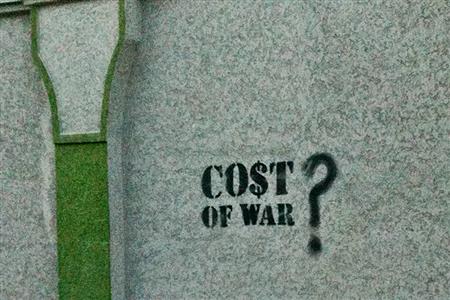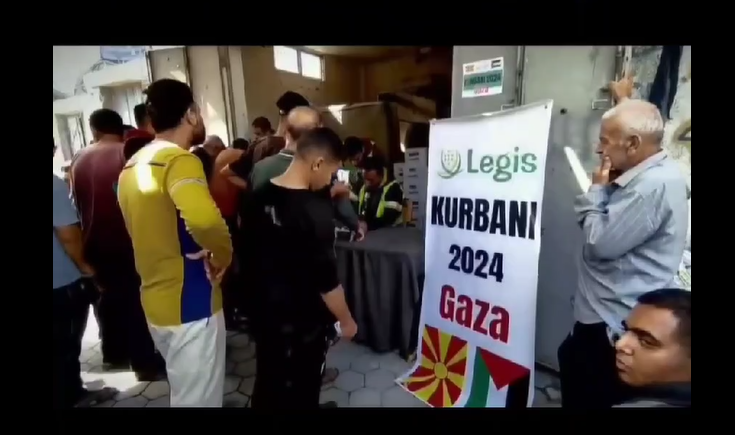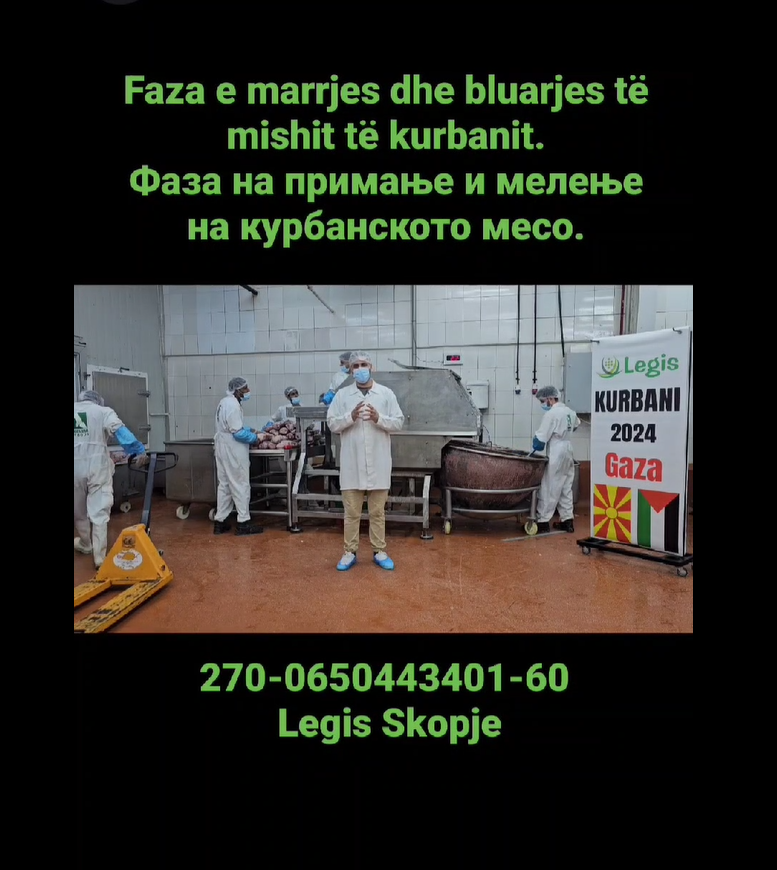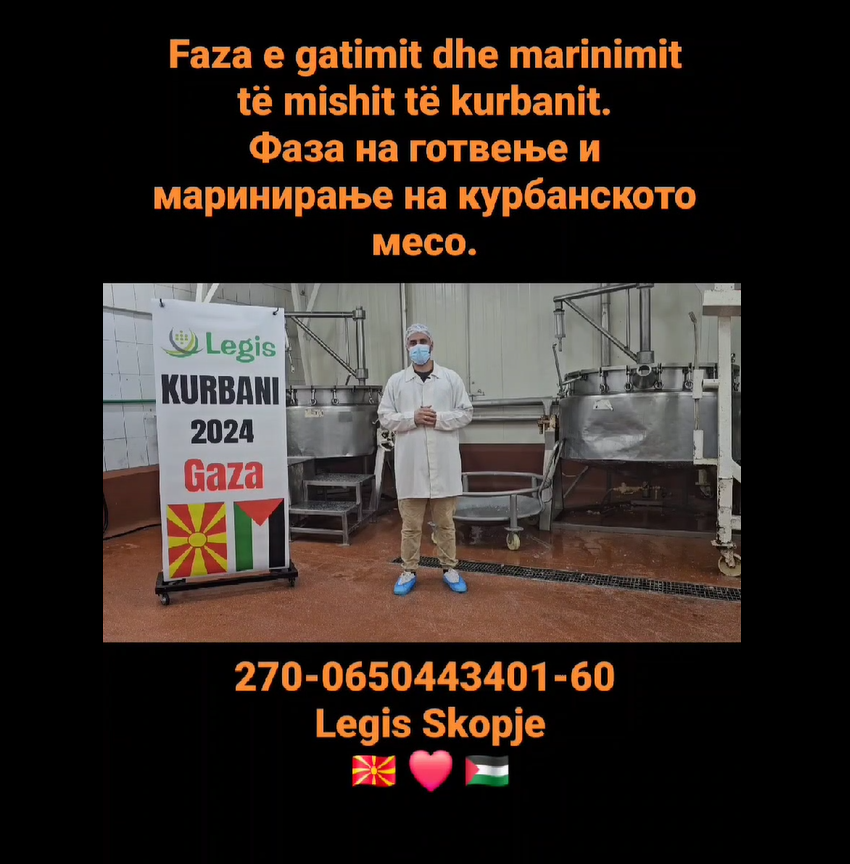I met Idris at the train station in Sarajevo in the summer of 2018. A young man, whose name I later learned was Ahmad, had asked me to help a friend. Ahmad took me to where Idris was sitting on the ground. As I approached, even from a distance, I could see the pain on his face. He was in some…
By Nidžara Ahmetaševi? – 17.08.2021
REFLECTIONS ON THE SHELTERING OF AFGHAN REFUGEES IN THE BALKANS.
I met Idris at the train station in Sarajevo in the summer of 2018. A young man, whose name I later learned was Ahmad, had asked me to help a friend. Ahmad took me to where Idris was sitting on the ground. As I approached, even from a distance, I could see the pain on his face. He was in some kind of spasm, his entire body.
I approached him, went down on my knees, greeted him with a little Farsi I learned from Afghan friends I had met in Greece and asked if he could speak any English. He could, as well as his friend. Not much, but enough for us to talk to one another. Together, they told me that they had just come by bus from the direction of Tuzla after a long walk from Serbia, and that Idris was in pain.
They were both in their early 20s and from Afghanistan, which I could see from the traditional clothes they wore. I asked Idris to tell me where he was hurting, expecting I would hear the usual story about blisters and sore muscles after a very long and difficult walk. But this was completely different.
“Bomb, bomb, Kabul,” he tried to explain while pulling his left pant leg up to his knee. I was not prepared at all for what I saw.
Part of his leg was destroyed. But really destroyed. It had been stitched badly some time ago, and now it was covered in blood and pus was seeping from the scar. I understood the scar was a couple of years old, never really healed, but due to long walks it first started hurting, then bleeding.
IDRIS HAD BEEN WALKING DOWN THE STREET IN KABUL WHEN A CAR BOMB EXPLODED.
I called another volunteer who was there and had a first aid kit with her. Soon we were left alone with Idris. At the time, the train station in Sarajevo was always full of people who were on their perilous journeys through the Balkans. Some were sleeping there, between the train tracks; some just came looking for volunteers who used to bring food, clothes and first aid.
The other volunteer was a young American woman, younger than Idris, who told me he was 20. I could see how difficult it was for her to help him, and how she was holding back tears. I was as well. We needed to show him we were not petrified by his pain and scars. We needed to find a way for him to feel safe, at least for a moment, and to trust us. We, unlike him, were aware that he had come to a place where there is no proper care, and that he would need to stand up and continue walking after our modest help.
Idris and Ahmad told us the story about Idris’s leg. Idris had been walking down the street with his mother several years ago in Kabul when a car bomb exploded near a marketplace. Idris and his mother were among the few survivors. But Idris lost his left hand and half of his calf. In the Kabul hospital they did what they could; they gave him some basic stitches and let him go.
It took him months to get up on his feet, over a year to start taking small steps and then ultimately walking again. After three years, when he felt strong enough to walk, his family decided he needed to go to Europe to look for a doctor to help him. They sold what they could, collected just enough money to pay a smuggler, and sent him alone. He was only 16. They could not afford a good smuggler who would take him out with a fake passport, possibly by plane. Instead their smuggler could only provide basic assistance and arrange parts of the travel. And like that, Idris started walking alone.
It took him three years to reach the Balkans, the EU’s doorstep, and then another two years to see a doctor in the EU. Unfortunately, they told him it was too late to operate, but they promised they could at least take care of the pain.
Before Germany, he had entered the EU in Greece, arriving on a dinghy from Turkey that landed at the Greek island Chios. He was placed in an unbearable camp for several months with only the basics and didn’t receive adequate medical attention. He decided to set off for Athens with friends he had made along the way. Not being able to find accommodations, he lived for a while on the streets of Athens before making his way to northern Greece, and then on his fragile feet to North Macedonia, Kosovo, Serbia and then Bosnia and Herzegovina where he got stuck.
In Bosnia — where the EU and their partners on the ground, various international organizations, are responsible for “migration management” — he was left for a long time out in the open, in the streets and forests, and then taken to Bira, one of the soulless “temporary reception centers” run by the International Organisation for Migration. At that camp in Biha? his life became even more difficult. Northwest Bosnia is where most refugees end up due to the close proximity to the border with Croatia, an EU member state. Most of them are trying endlessly to cross the border on foot, and enter the space where they hope to receive asylum.
HE MADE IT THROUGH THE BORDER AND INTO CROATIA, AND AFTER 18 DAYS OF WALKING HE MADE IT TO ITALY.
Idris and I stayed in touch all this time while he was in Bosnia. I tried to do what I could to be there for him. Most of the time, all I could do was just exchange messages on Facebook, tell him to stay strong, and occasionally, I went to visit him in the places he slept. In the forest, abandoned buildings, under bridges…
Finally, in Biha?, I found a local woman to take care of him, changing his bandages regularly, providing a place for him to take a shower (which in the camp was close to impossible) and occasionally to rest and sleep. Over 20 times, she helped him get ready for “the game,” a risky attempt to cross the border into the EU. Each time, Idris — as well as many others — were pushed-back violently by Croatian border guards. But he tried again and again. Walking through the forests, across the mountains, toward Italy, with the dream of reaching Germany, where, his mother told him, “the doctors are the best.”
He kept going even when we were sure he couldn’t make it. His leg was getting worse. He kept telling us about the pain, but we could do little to help. Finally he made it through the border and into Croatia, and after 18 days of walking he made it to Italy. A few days later he made it to Germany. There, after a harrowing journey of almost five years, his asylum request was twice rejected by the authorities. With the help of lawyers, he finally received asylum this past winter, and now he is waiting to get a passport, for the first time in his life.
Years of hostility and ignorance
Idris is just one of many people from Afghanistan who I met over the years on the so-called Balkan Route. All of them are running from the horrors in their country. In the 20 years since the US-led military intervention began — an intervention many EU states participated in — Afghanistan has not been a stable or safe place. Many people have had no other option but to flee.
Over the past few years the number of Afghans migrating has increased and today they are the second largest group of asylum seekers in the EU. Many EU member states, however, have considered Afghanistan safe, and have been deporting people back — a fate that Idris avoided after a difficult legal struggle.
Over the years, along the Balkan Route, I met hundreds of people from Afghanistan. Doctors, nurses, students, activists, seamstresses, teachers, interpreters, journalists, poets… young people, old people, women, men… They told me horror stories from their home country and incredible stories from the road they were forced to take to save their own lives. Many of them, even after reaching the EU, are living difficult lives under the constant threat that they could be sent back to Afghanistan.
In the Balkans they were treated inhumanely, left with only basic care, if any, suffering to violence and hunger, and deprived of their basic rights as human beings.
These stories, deeply ingrained in my memory, come to mind again when I see the news of the U.S.’s withdrawal from Afghanistan which left the country and its people with no protection from the Taliban. In the news, I hear some countries from the West offering to take people who they consider more vulnerable and to give them temporary protection. Among those hosting refugees will be some Balkan countries whose leaders had apparently been contacted by the U.S. government back in July.
People from Afghanistan will start arriving as soon as this week. It is probably a good decision, even though at the moment nobody knows how it will be implemented, along with many other unanswered questions.
WHO CAN COME AND WHO CANNOT, AND WHO DECIDES?
Is it really possible at all, and what will happen with them once they are here? How many of them can come? How will they come and who will support them? Will they be allowed to start a life or will they be treated inhumanely like others who are now on the Balkan route?
How will this affect all the other people from Afghanistan who are already stuck in one of the Balkan countries, in some cases for years? Stuck in horrific camps in Greece, or at the Lipa camp in Bosnia, near Biha?, where they don’t have enough food or drinking water, and where the migrants are exposed to daily violence, all under the close watch of the EU.
And finally, who can come and who cannot, and who decides?
It all looks very much like Srebrenica in 1995 when the UN and the West decided they would do nothing and just let people be murdered. A lucky few were evacuated with international organisations, based on a list some people wrote up at some desk. The others were just left to die or try to escape through the forested mountains. Even today, nobody has really taken responsibility for their deaths.
IDRIS IS CRYING WHILE WE ARE SPEAKING. HIS FAMILY HAS NO WAY OUT OF KABUL.
Nobody will ever take responsibility for what is happening now in Afghanistan either. Over the years, Western militaries and aid organizations were ruling the country, promising prosperity and democracy. And one day, they just decided they had enough, and left everything and everybody.
I wrote to Idris on the day Kabul fell. He is safe in Germany, but his family is still in Kabul. He sent me photos his family members took near their house. I see dead bodies, some covered with plastic like grey sheets, some children, just lying on the ground. They look like they were shot while running.
Idris is crying while we are speaking. I cannot really understand what is happening with his family, but I can understand they have no way out. They cannot afford to leave. All the money they ever had, they used to get him out. None of them ever worked for an international organisation or embassy. They are just ordinary people. No western bureaucrat is going to put his family’s name on the right list.
Idris had hoped that once he was in the EU he would be able to send money and help his family, but it took him so long to reach the EU, and then to get legal residency, that he cannot do anything for them yet. He just watches from the distance, like we all do, at the horror that is unfolding in Afghanistan. But for him, and for the many other people trapped in the Balkans or who left before and are now in Europe, what is happening is the worst nightmare they could ever imagine.
And the nightmare has no end. While Western leaders are refusing to take responsibility for 20 years of war and devastation, they also find time to try to keep people from Afghanistan as far away from their borders as possible. Instead of respecting the human rights and refugee laws that the West has set for itself and accepting the desperate refugees fleeing the Taliban, or those who fled Afghanistan years ago like Idris, they are redirecting the refugees to try to make them someone else’s responsibility.
In terror I keep following the news from Afghanistan. And the only thing I can think to say is to repeat the words of Seraj Mahbouba, an Afghan women’s rights leader: “I’m going to say to the whole world — shame on you.” What else is there to say?
To protect their privacy and safety, the two young men in the story from Afghanistan have been given pseudonyms.
Feature Image: Mark Fonseca Rendeiro.
Source: kosovotwopointzero




